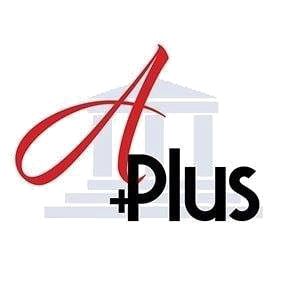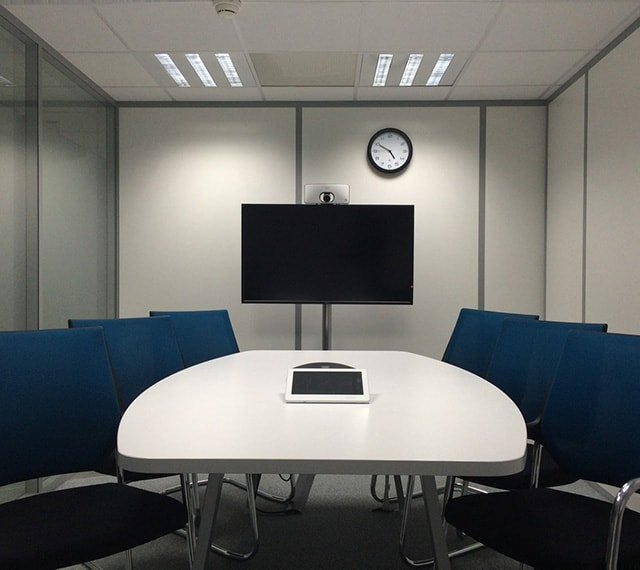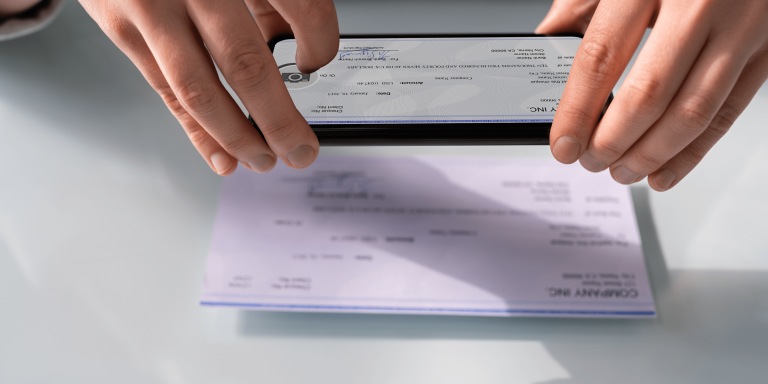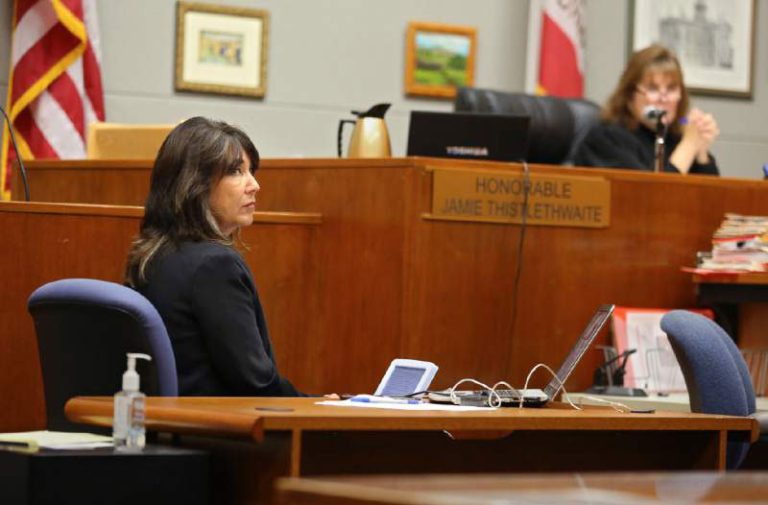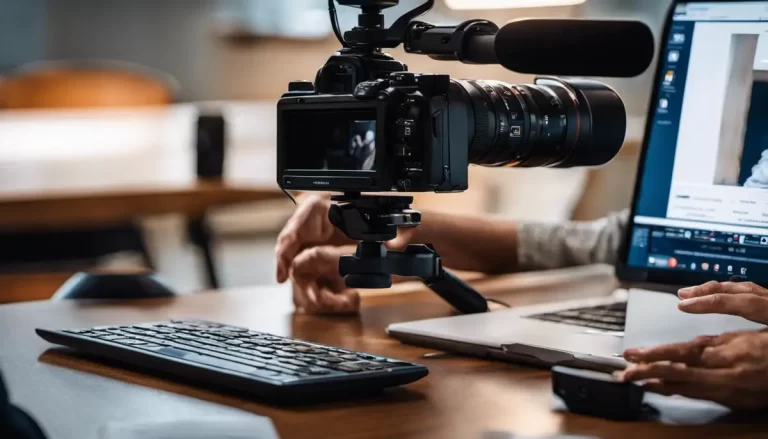Connecticut Court Reporters Simply Put
Are you looking for what Connecticut court reporters do?
As Connecticut court reporters, we are highly trained professionals who are able to turn spoken words into information that can be read, searched for, and archived. As a result of this specialization, Connecticut court reporters have gained new career opportunities, such as captioning broadcasts and real-time translation services for deaf and hard of hearing individuals.
What do Connecticut Court Reporters do though?
Due to their impartiality and role within the judicial process, Connecticut court reporters are known as guardians of the record. In addition to preparing verbatim transcripts of court proceedings, court reporters also ensure that the legal process is safeguarded when litigants wish to appeal. The transcript will give litigants an accurate record of what transpired during the case when they exercise their right to appeal.
For trial preparation, attorneys also use deposition transcripts during the discovery phase. Using the latest technology and their skills, some court reporters provide real-time access to what is being said during a trial or deposition so that all parties can benefit.
With realtime Connecticut court reporters, lawyers and judges have immediate access to the transcript, while deaf and hard-of-hearing Americans can participate in the judicial process as well. It is the only proven method for immediate voice-to-text translation.
A career as Connecticut Court Reporters
Pay for Connecticut Court Reporters
The average annual income for Connecticut court reporters is over $60,000. The income varies depending on where the reporter lives, the certifications earned, the types of reporting jobs, and the experience of the reporter.
Schools and programs for Connecticut Court Reporters
More than 150 reporter training programs, from proprietary schools to community colleges to four-year universities, teach the skills and knowledge to become a Connecticut court reporter or captioner. Many of these programs offer distance learning options.
Certifications for Connecticut Court Reporters
A Connecticut court reporter’s marketability can be further enhanced by pursuing a certification in a particular market. Find out more about the professional certifications offered by different organizations by simply searching online.
Realtime Connecticut Court Reporters
As highly trained professionals, realtime Connecticut court reporters can translate spoken word into English text instantly into a feed that can be viewed, streamed, broadcast, searched for, and archived. In addition to captioning broadcasts and providing near-instant translation for deaf and hard-of-hearing people, this specialization also includes realtime translation services for lawyers and other situations.
Professions for Connecticut Court Reporters
There are more than 100’s court reporters in Connecticut who work outside of the courtrooms. Because court reporting is such a specialized profession, reporters have many career options, such as:
Freelancer Connecticut Court Reporters
In order to record pretrial depositions, arbitrations, board meetings, stockholder meetings, and convention business sessions accurately, complete, and securely, attorneys, corporations, unions, associations, and other individuals and groups hire freelance reporters.
Hearing Connecticut Court Reporters
In order to capture, store, retrieve, and transcribe information from pretrial and trial proceedings, hearing Connecticut court reporters use verbatim methods and equipment. Captioners are also responsible for providing captions for hard-of-hearing viewers of live or prerecorded broadcasts.
Legislative Connecticut Court Reporters
In Congress and in state legislatures across the country, legislative court reporters transcribe proceedings.
Official Connecticut Court Reporters
Connecticut court reporters work for the judicial system by converting spoken words into text during courtroom proceedings. They also prepare official verbatim transcripts for litigants, attorneys, and judges. Whether it is a criminal trial, a millionaire divorce, a government corruption trial, or a lawsuit, official court reporters ensure that an accurate, complete, and secure record of the proceedings is produced.
During a courtroom setting, court reporters can also provide real-time to allow participants to read what is being said instantly on a display screen or computer monitor.
Scopist Connecticut Court Reporters
In contrast to an editor or proofreader, a scopist can compare the court reporter’s shorthand with the final transcript. It is possible to identify mistranslation errors in a transcript by “scoping,” which helps the Connecticut court reporter maintain an accurate record by identifying errors.
So there you have it, we’ve provided really nice explanation of what Connecticut court reporters do in the simplest terms possible. If you’re looking for any more help or to become a Connecticut court reporter, please feel free to reach out to us and we’re happy to help you along the way.

